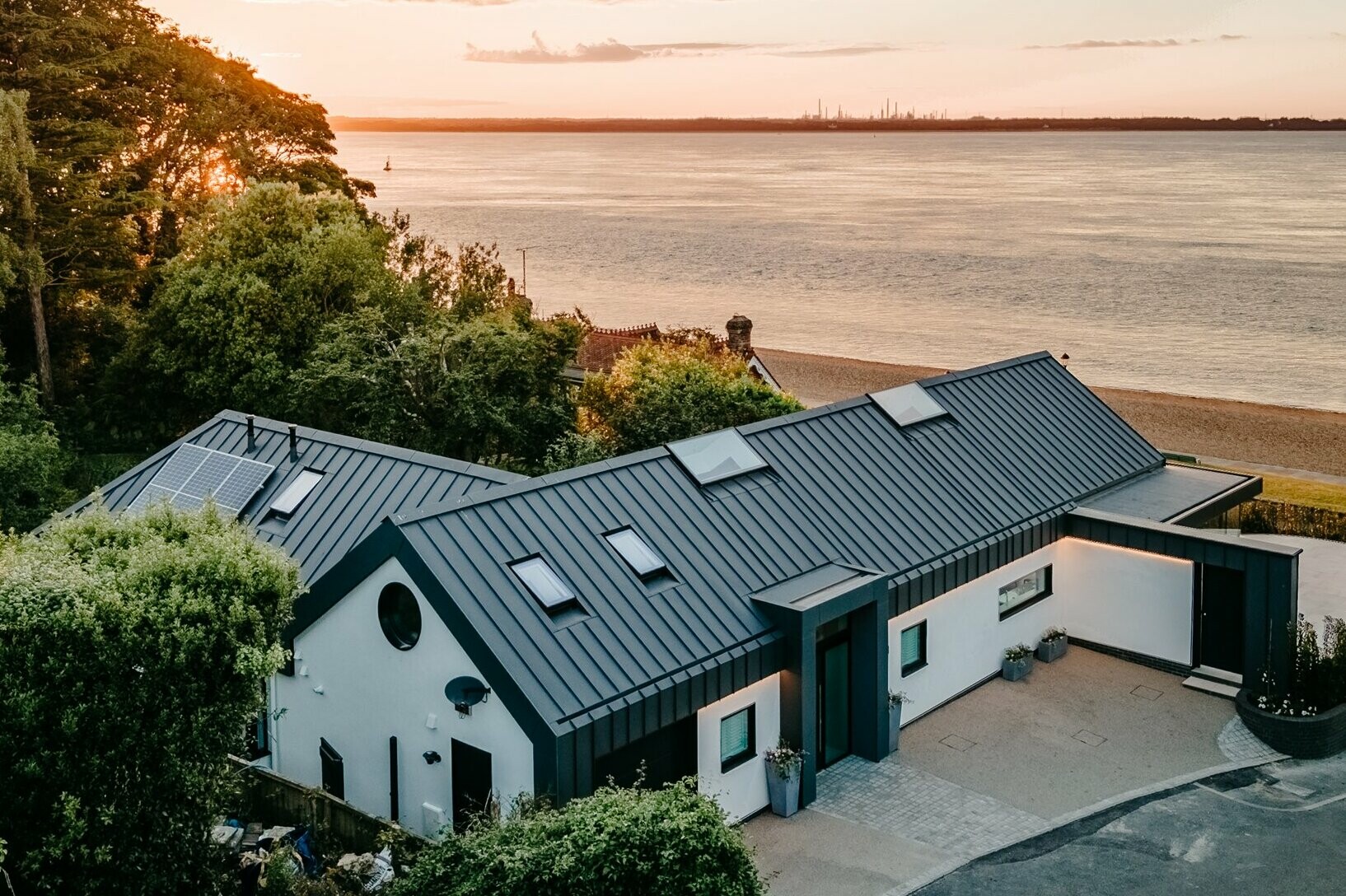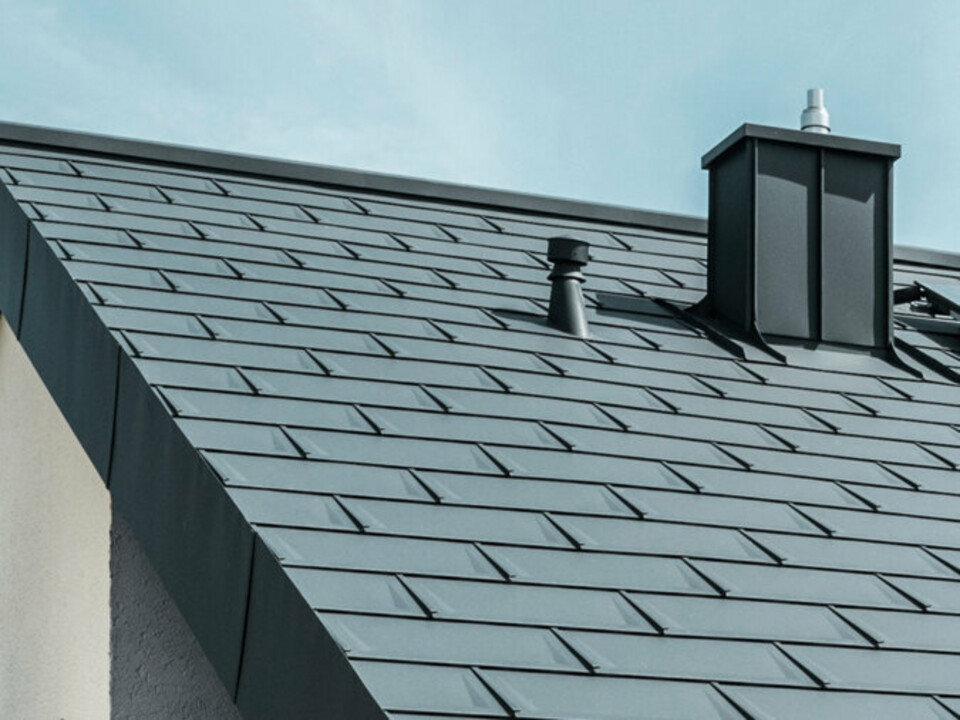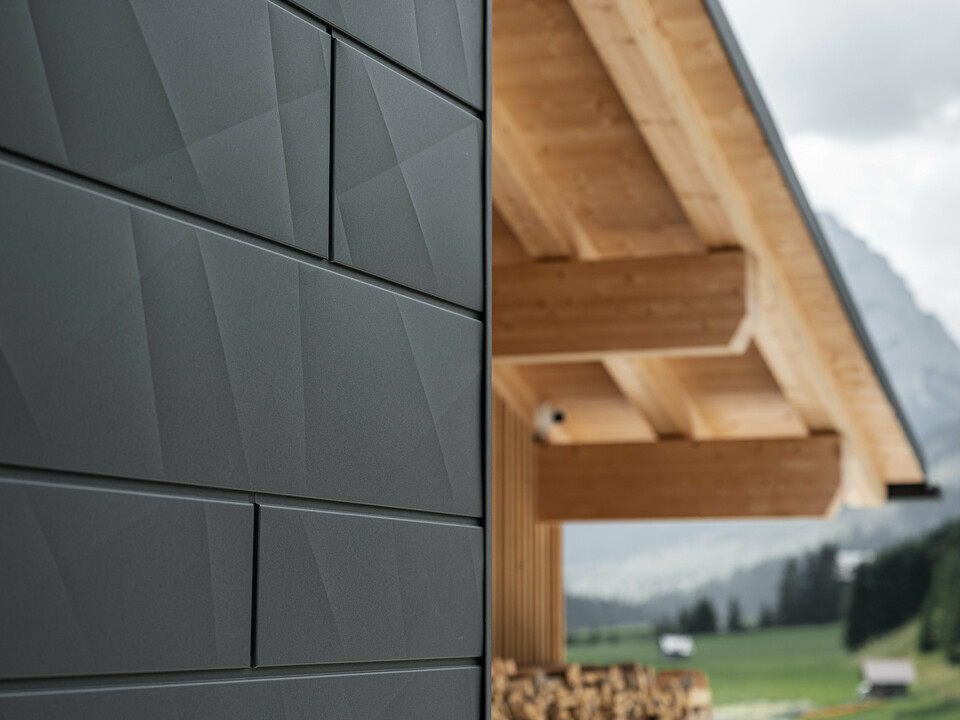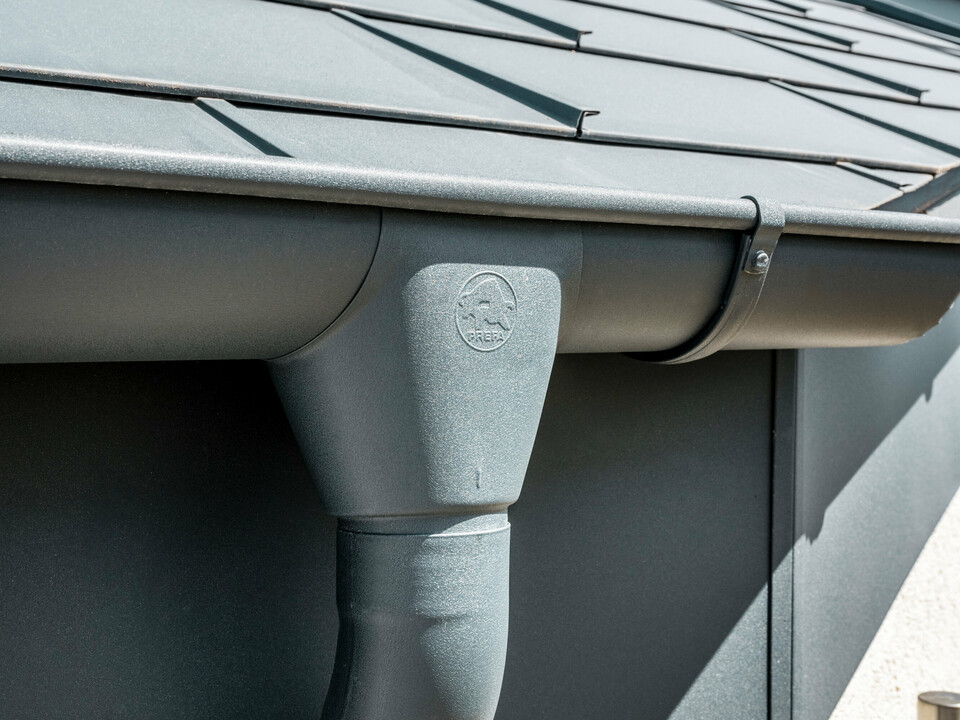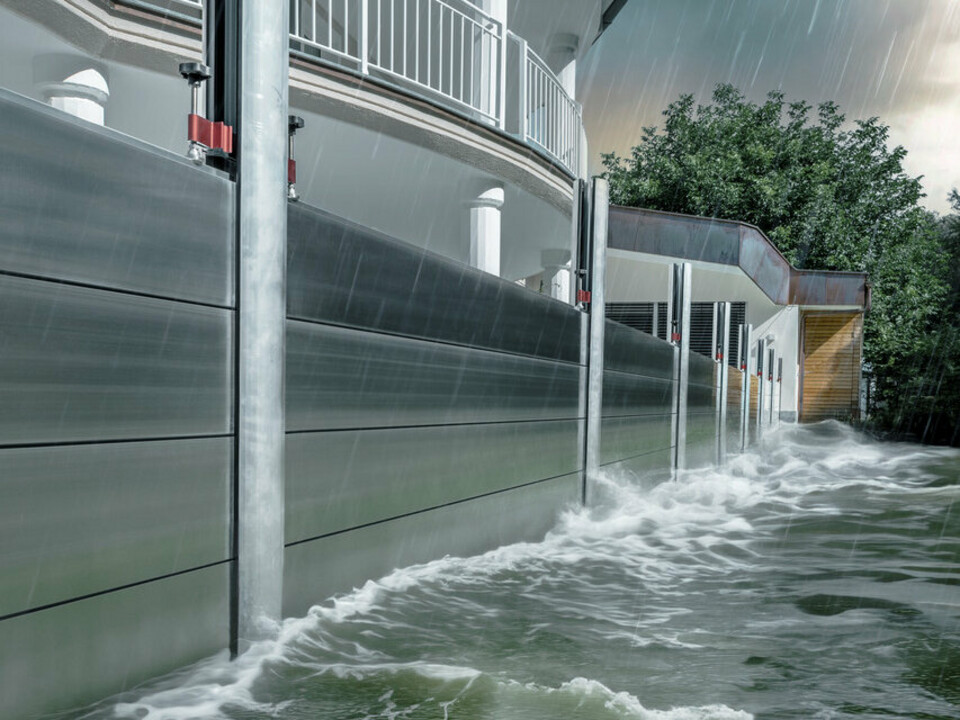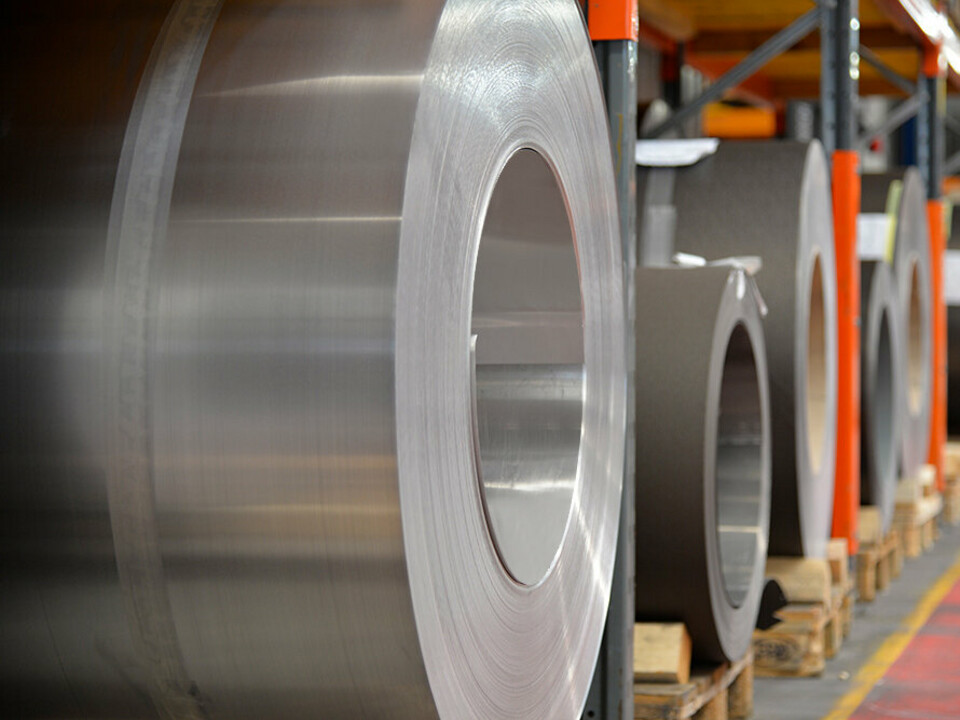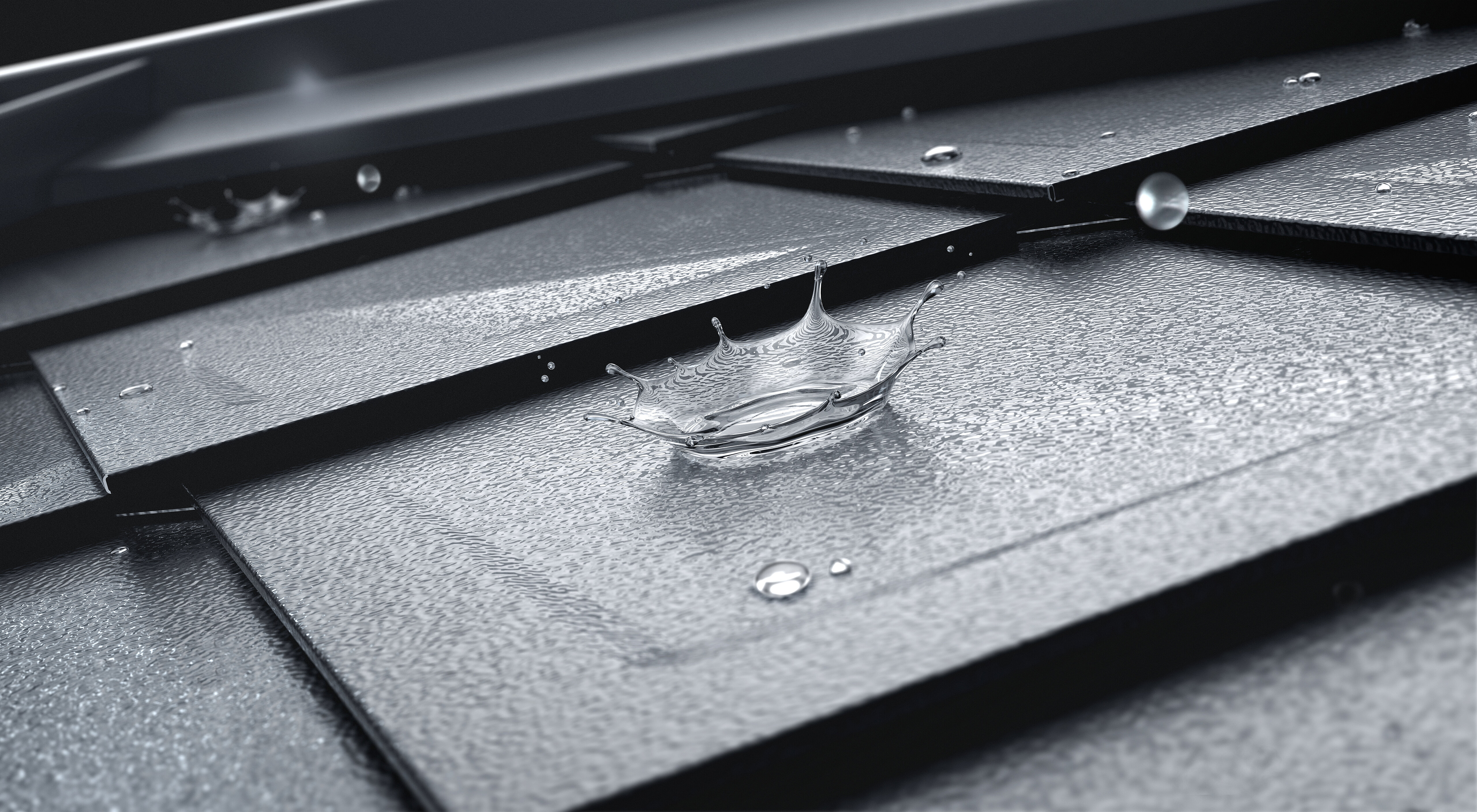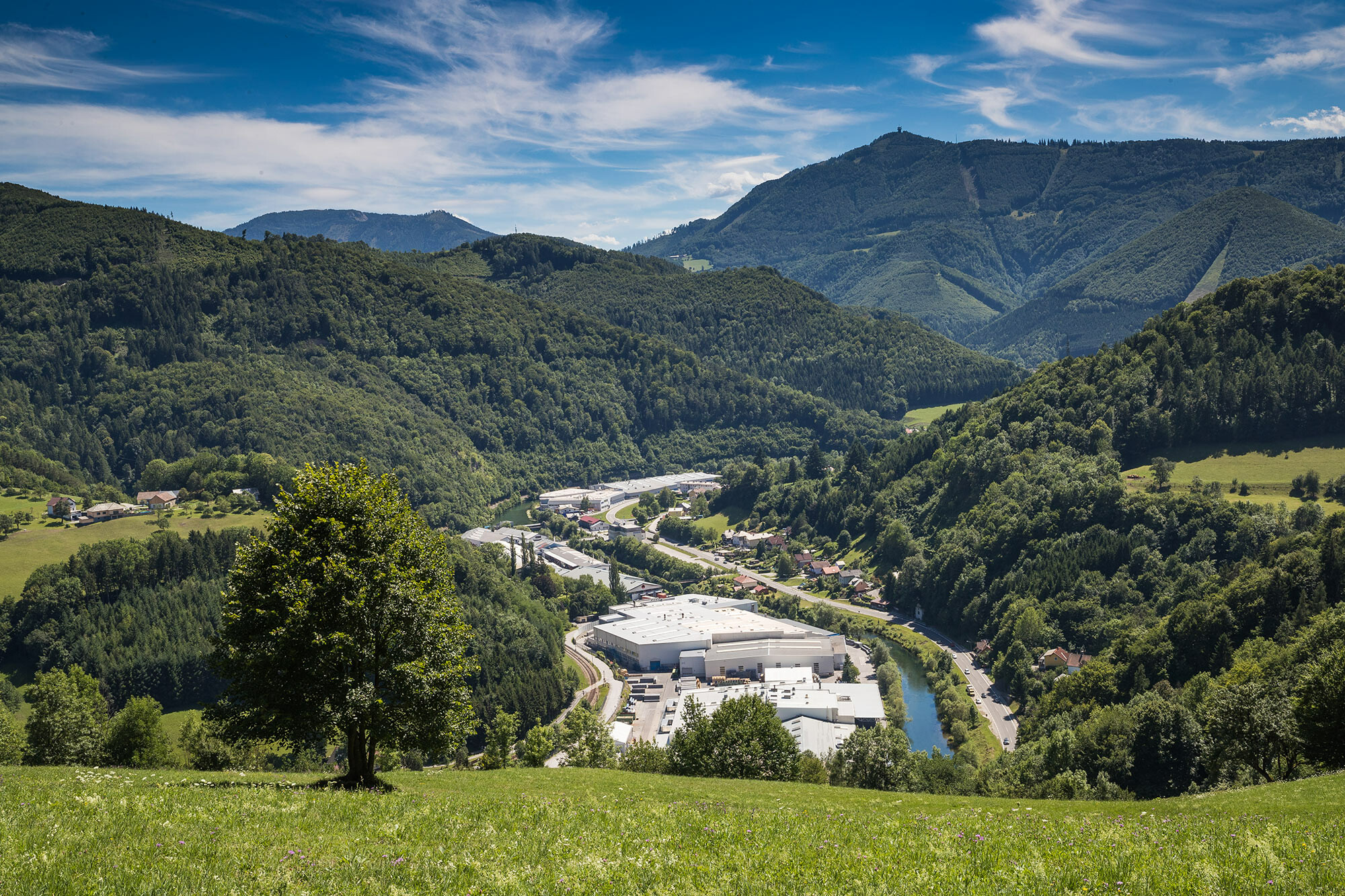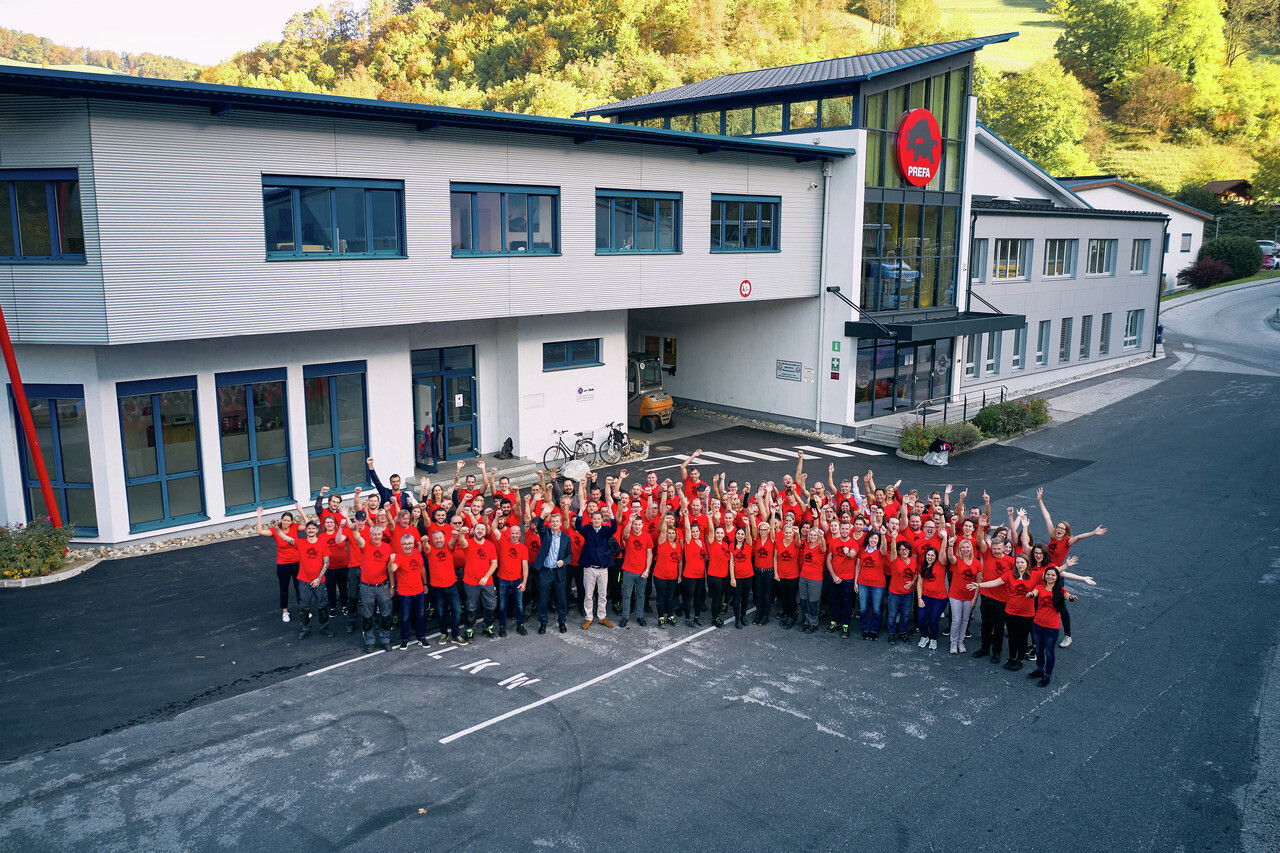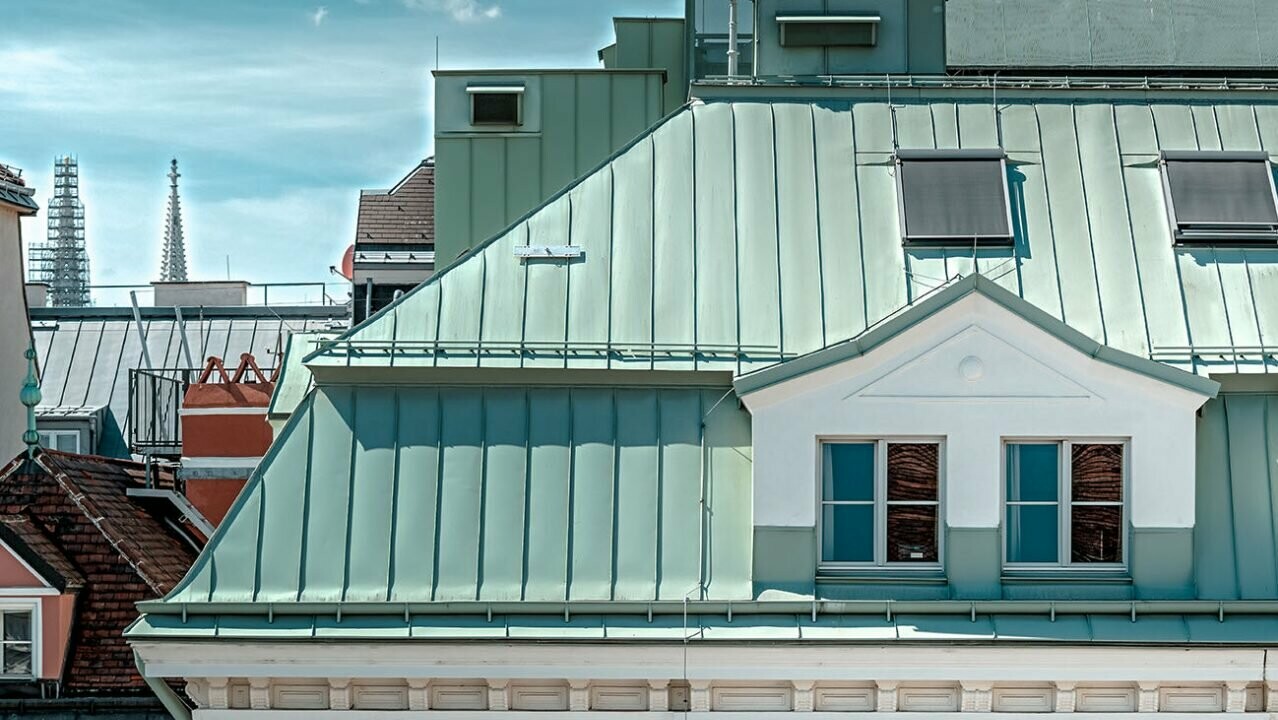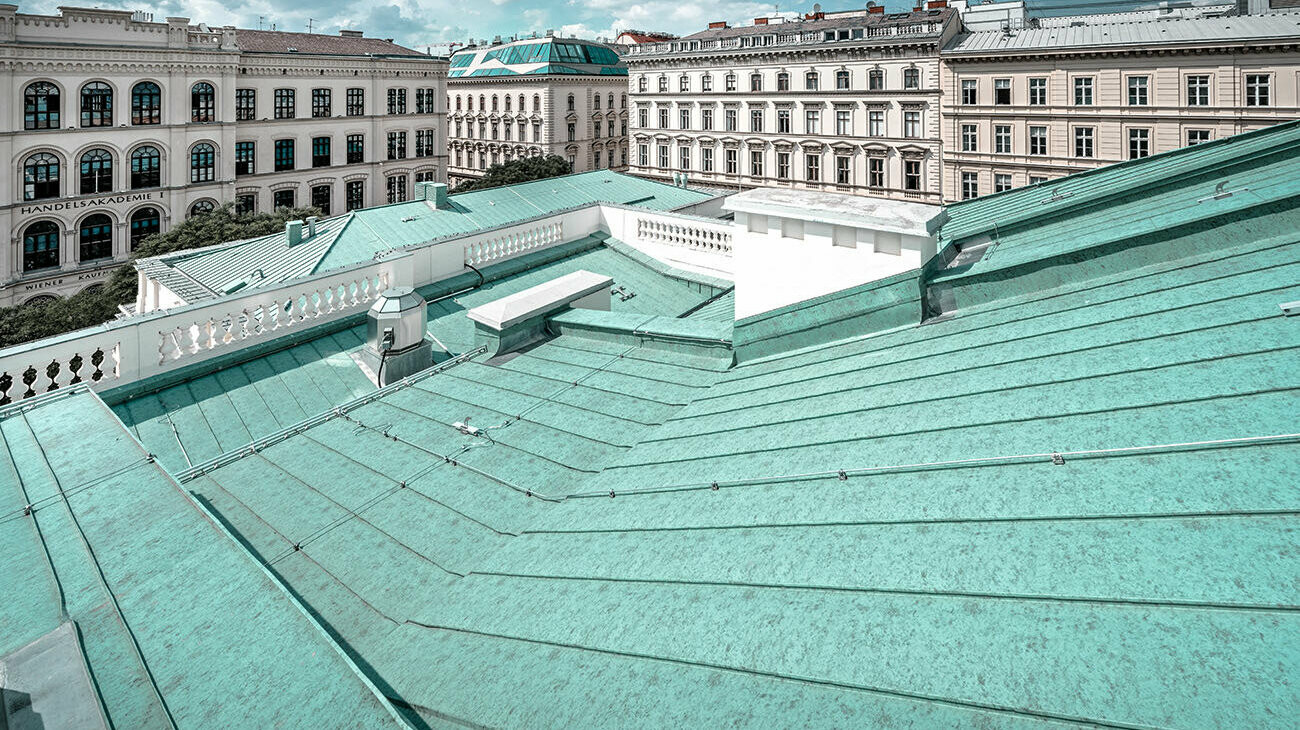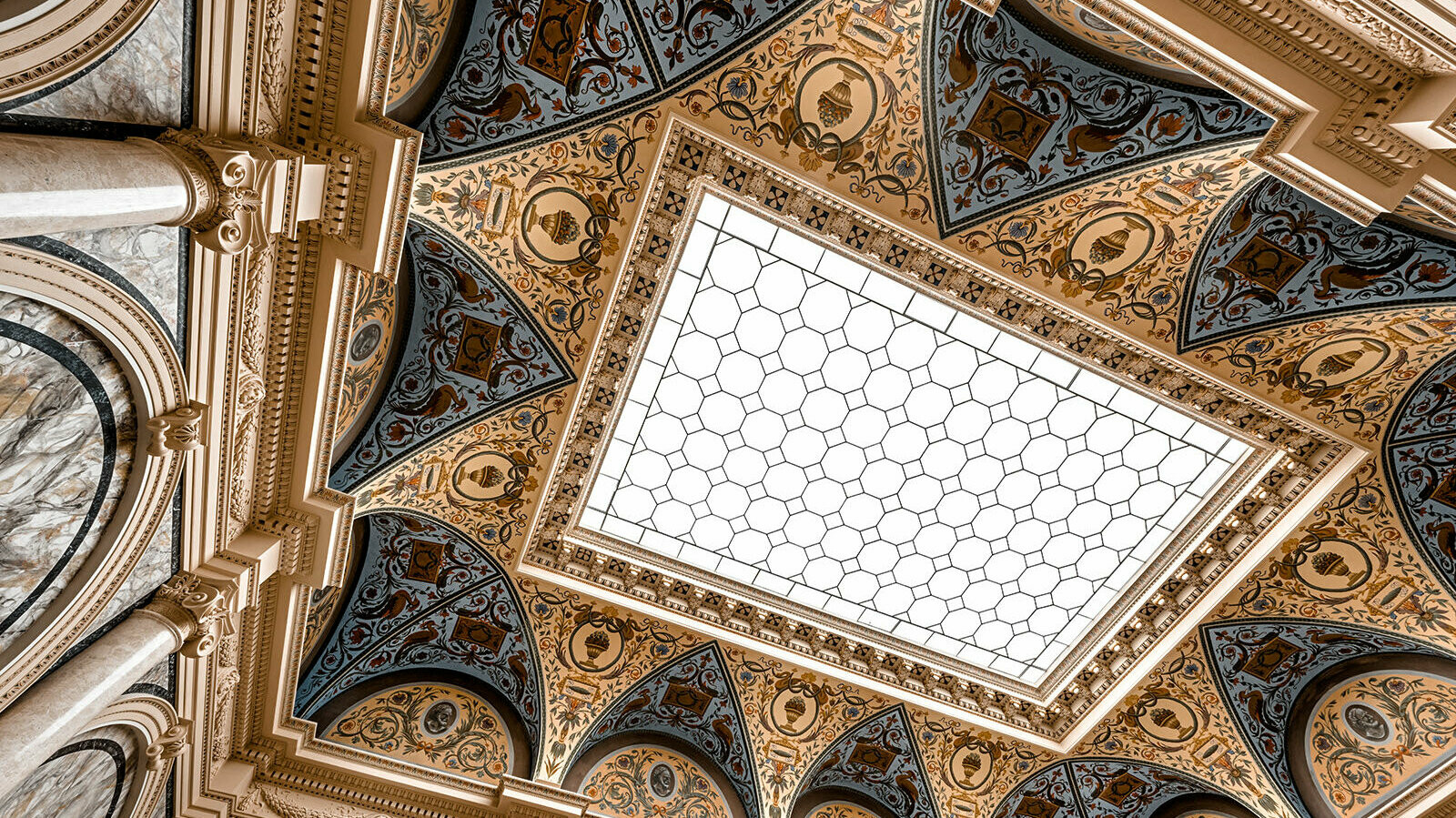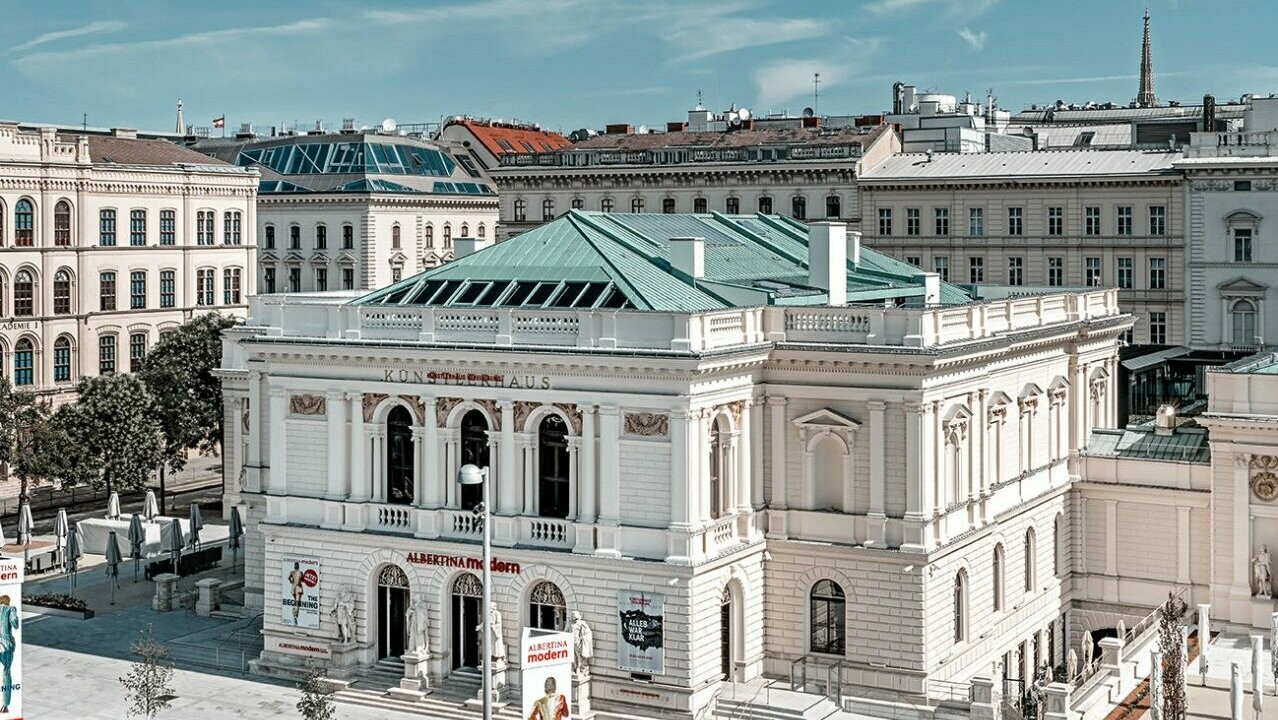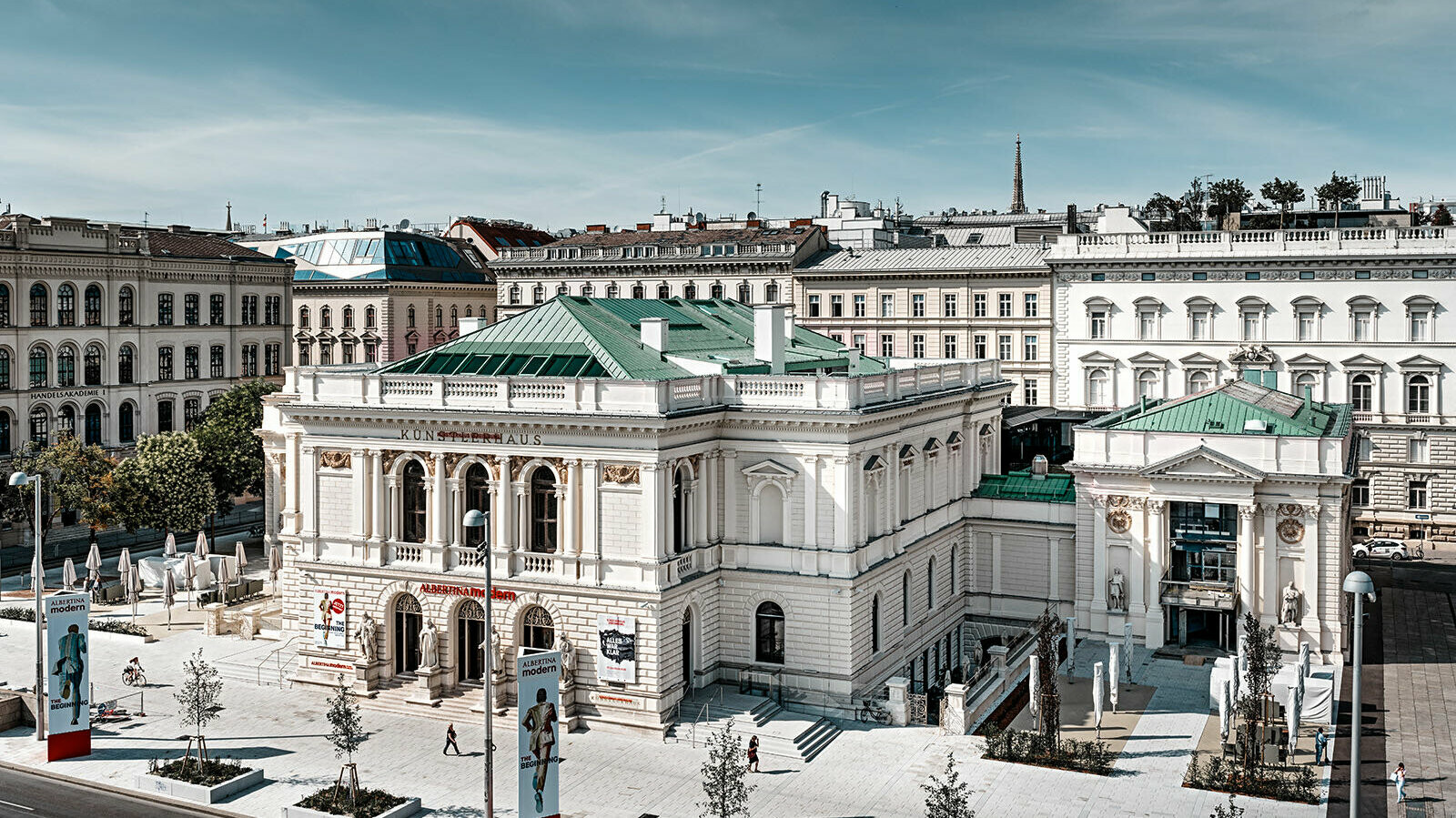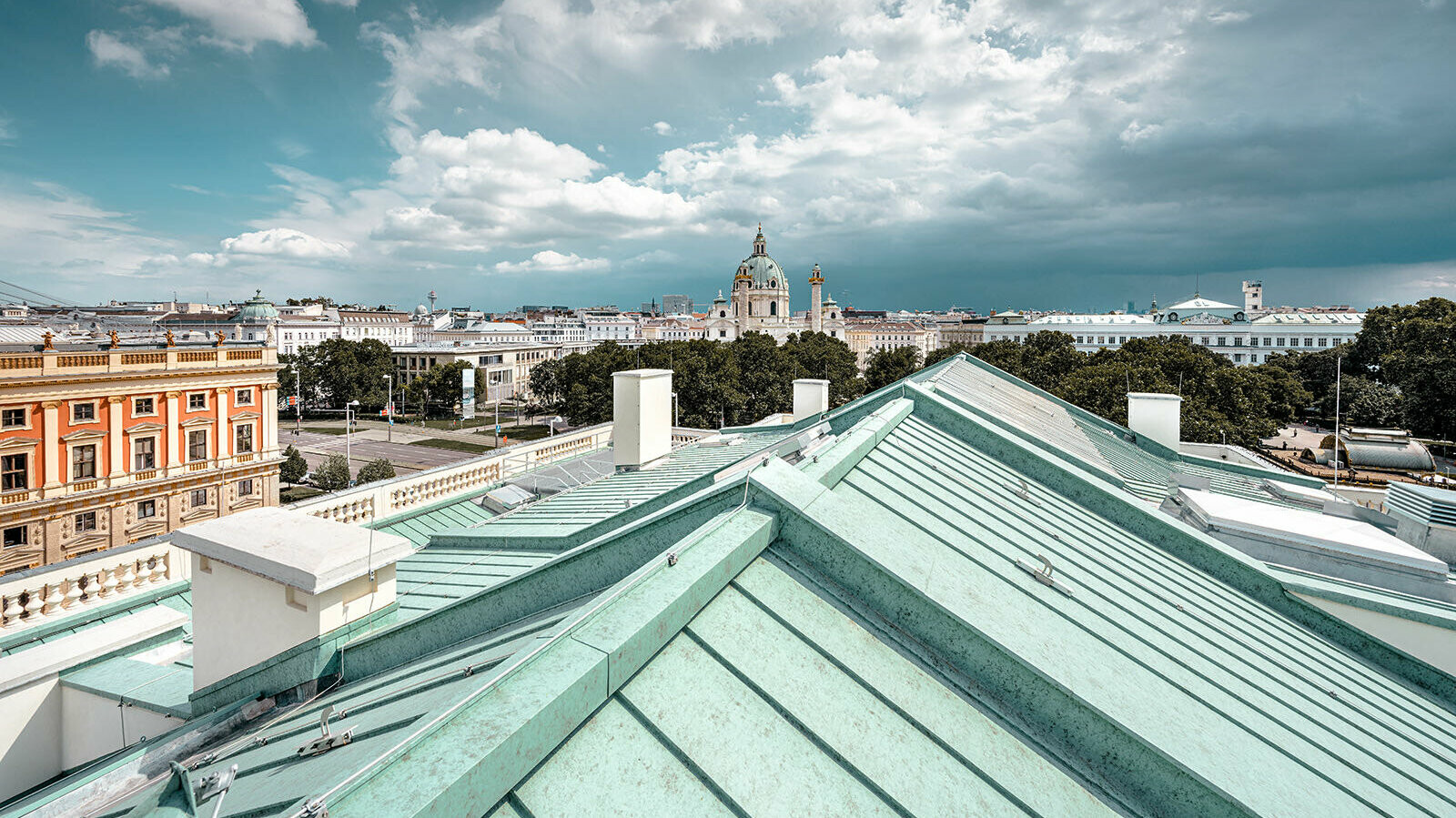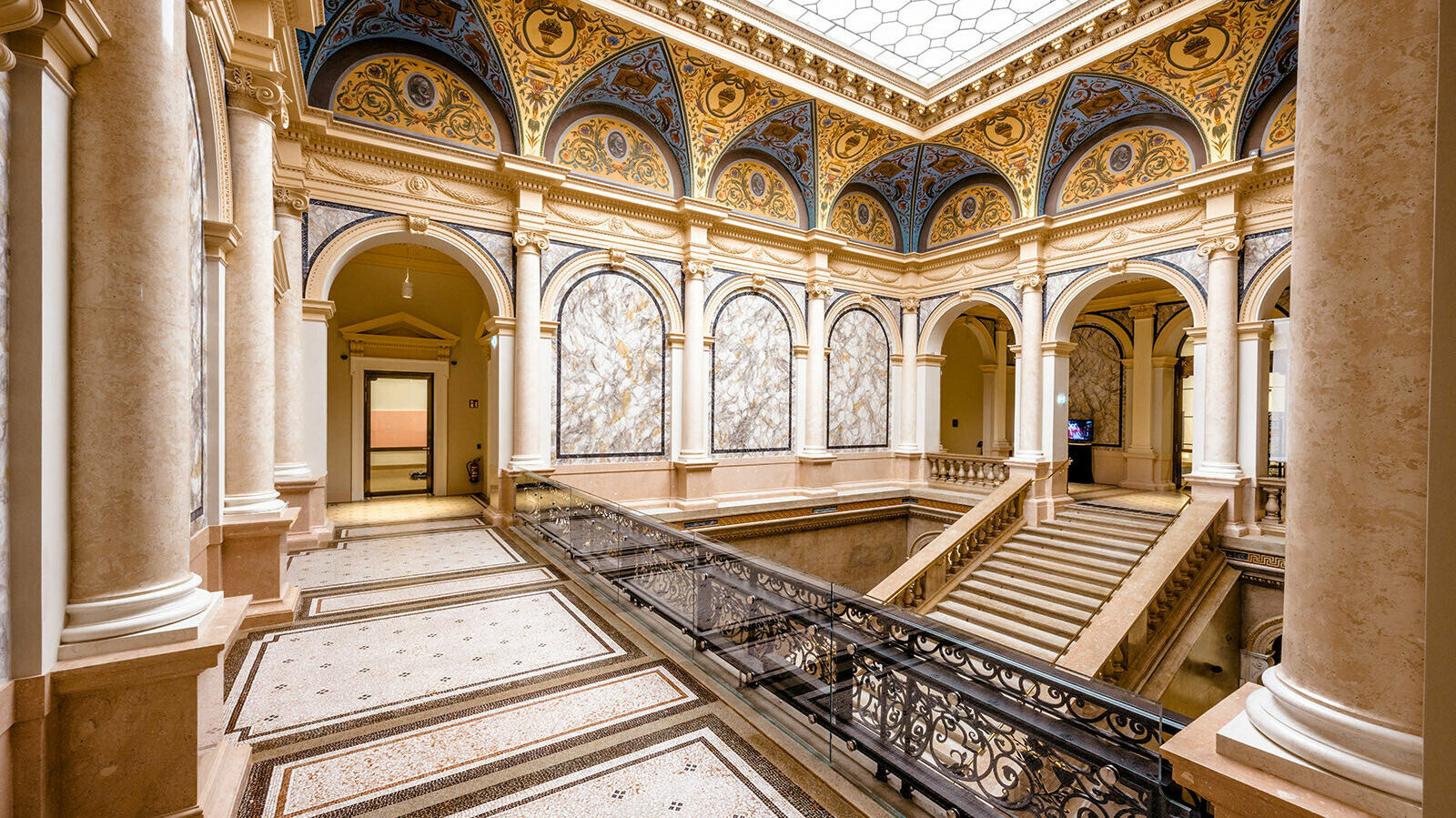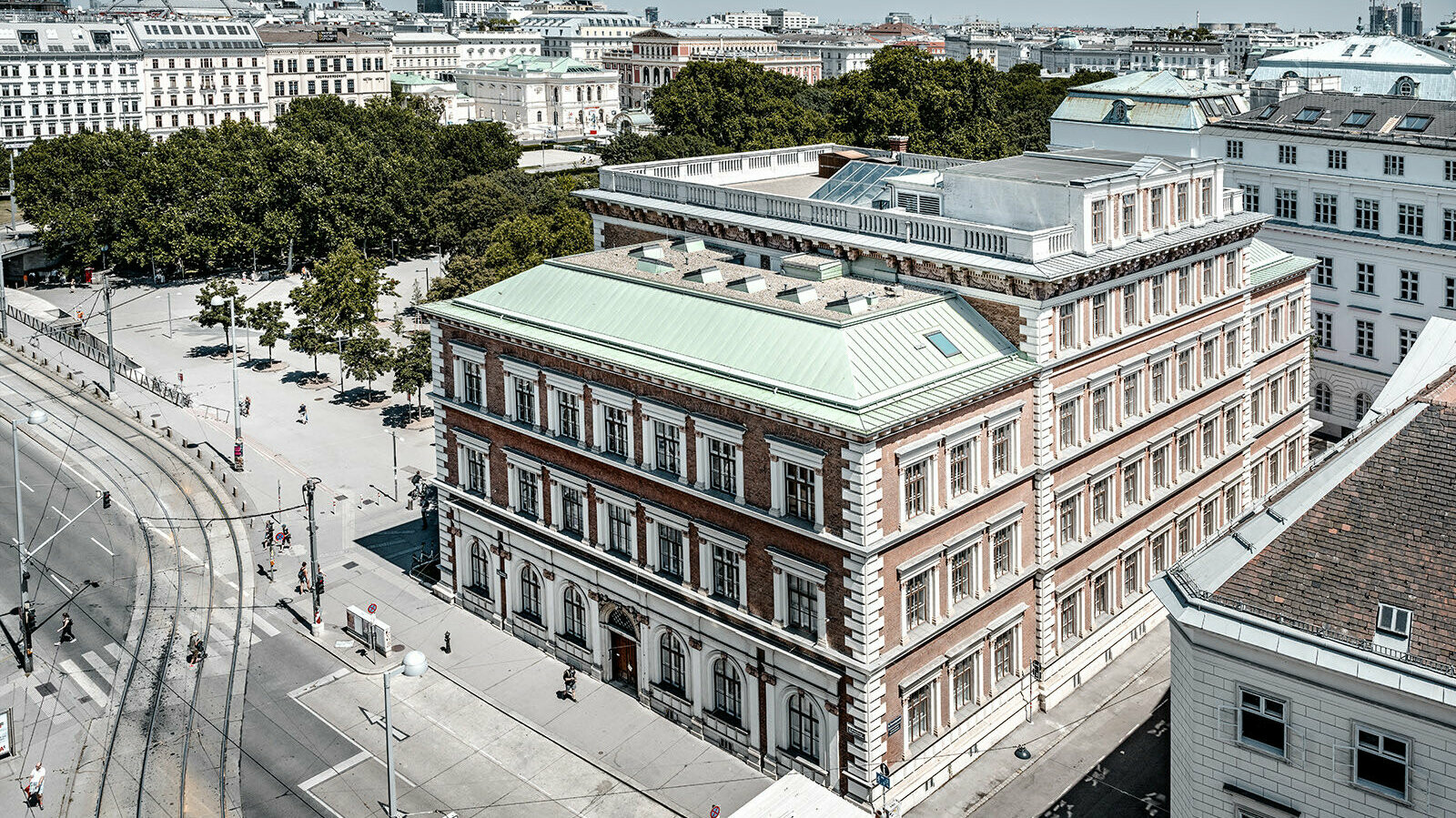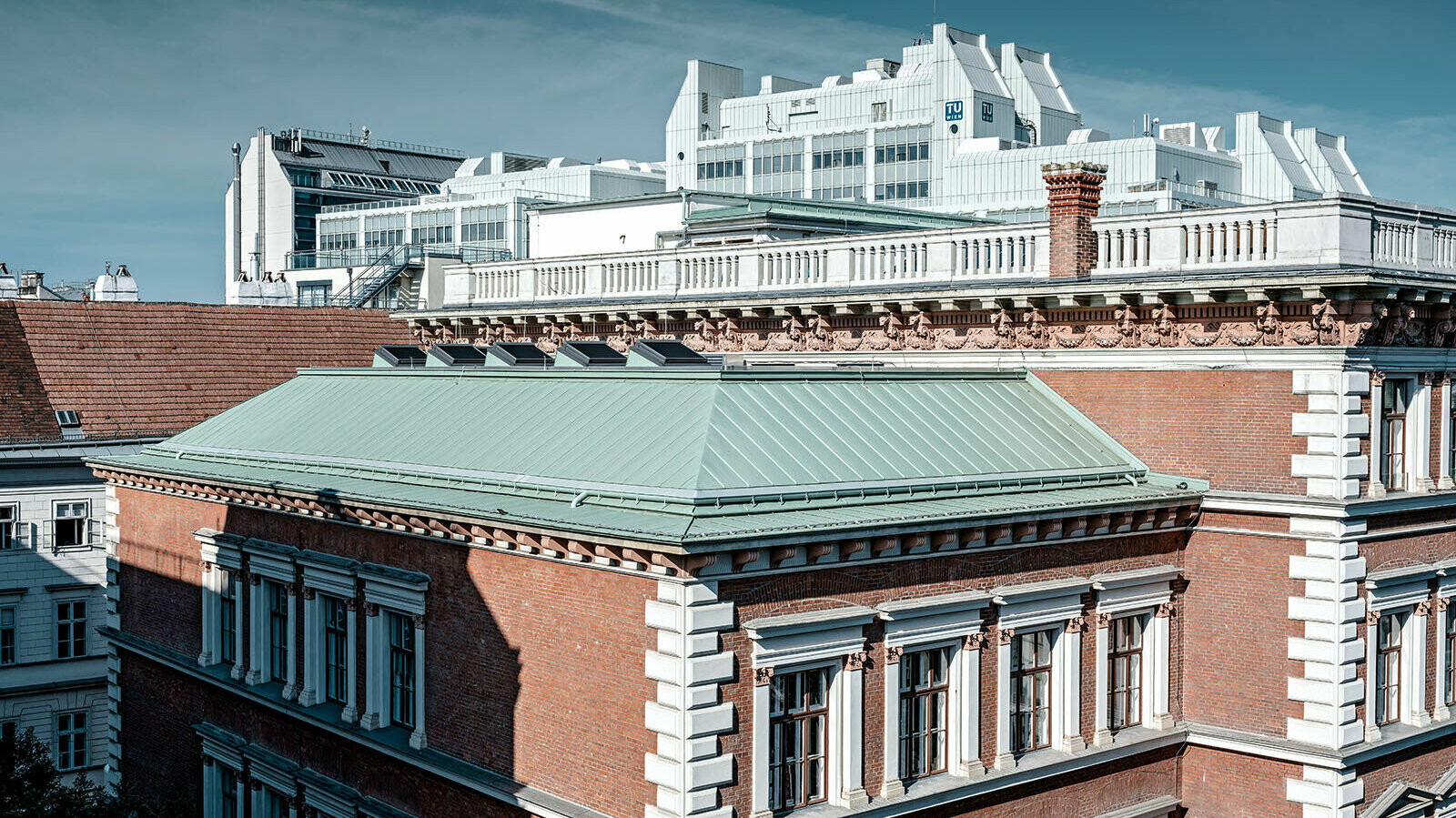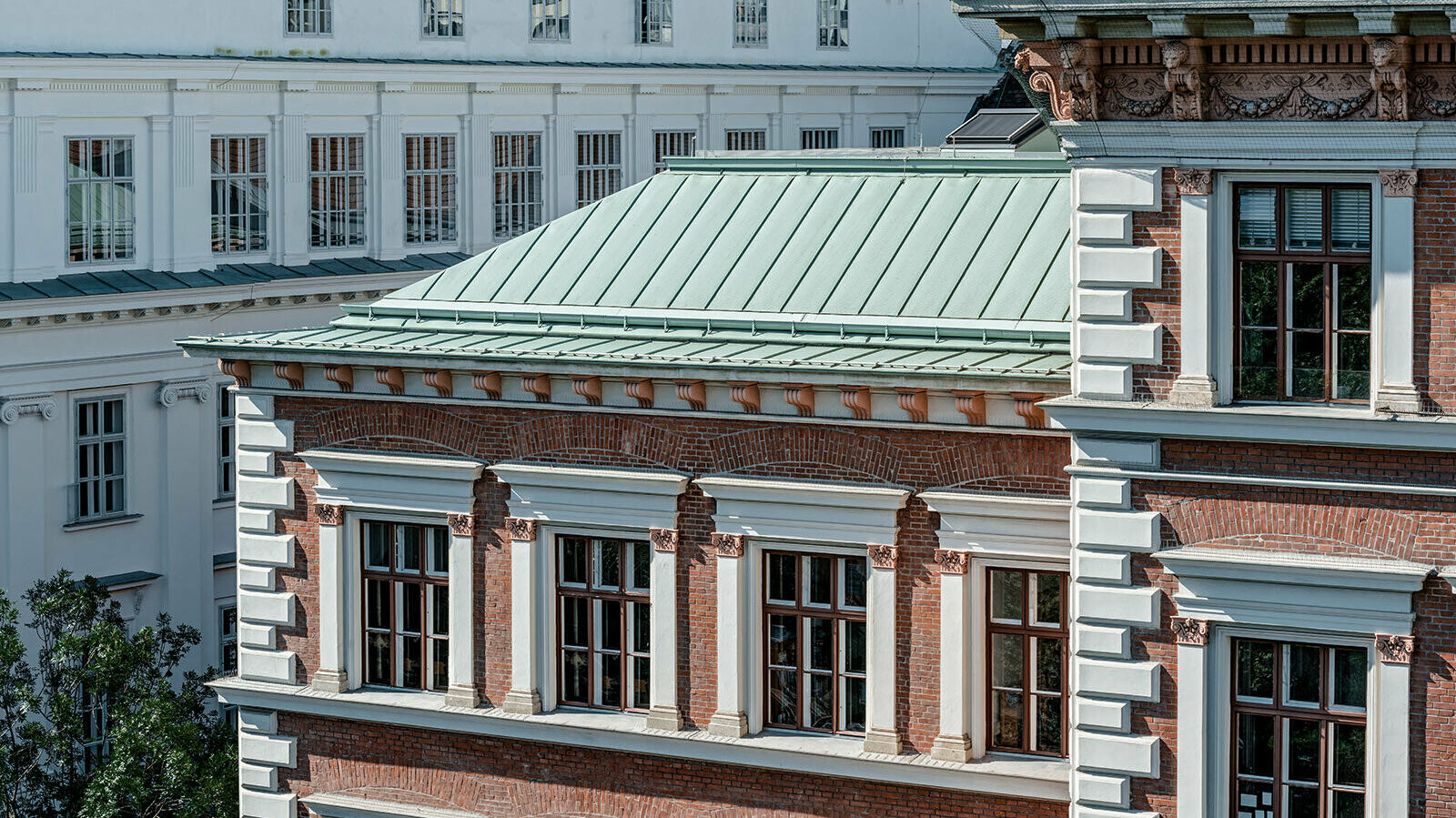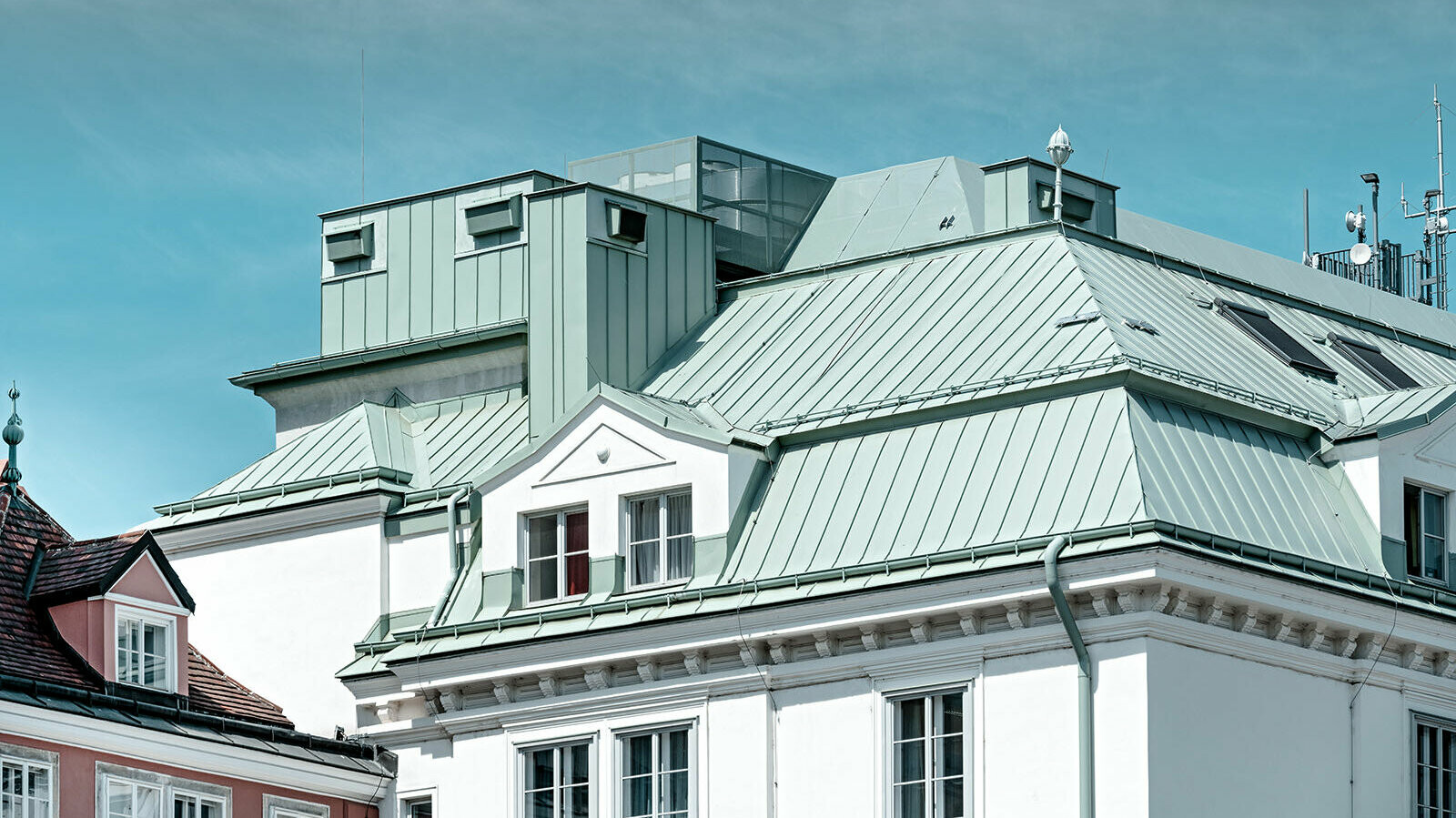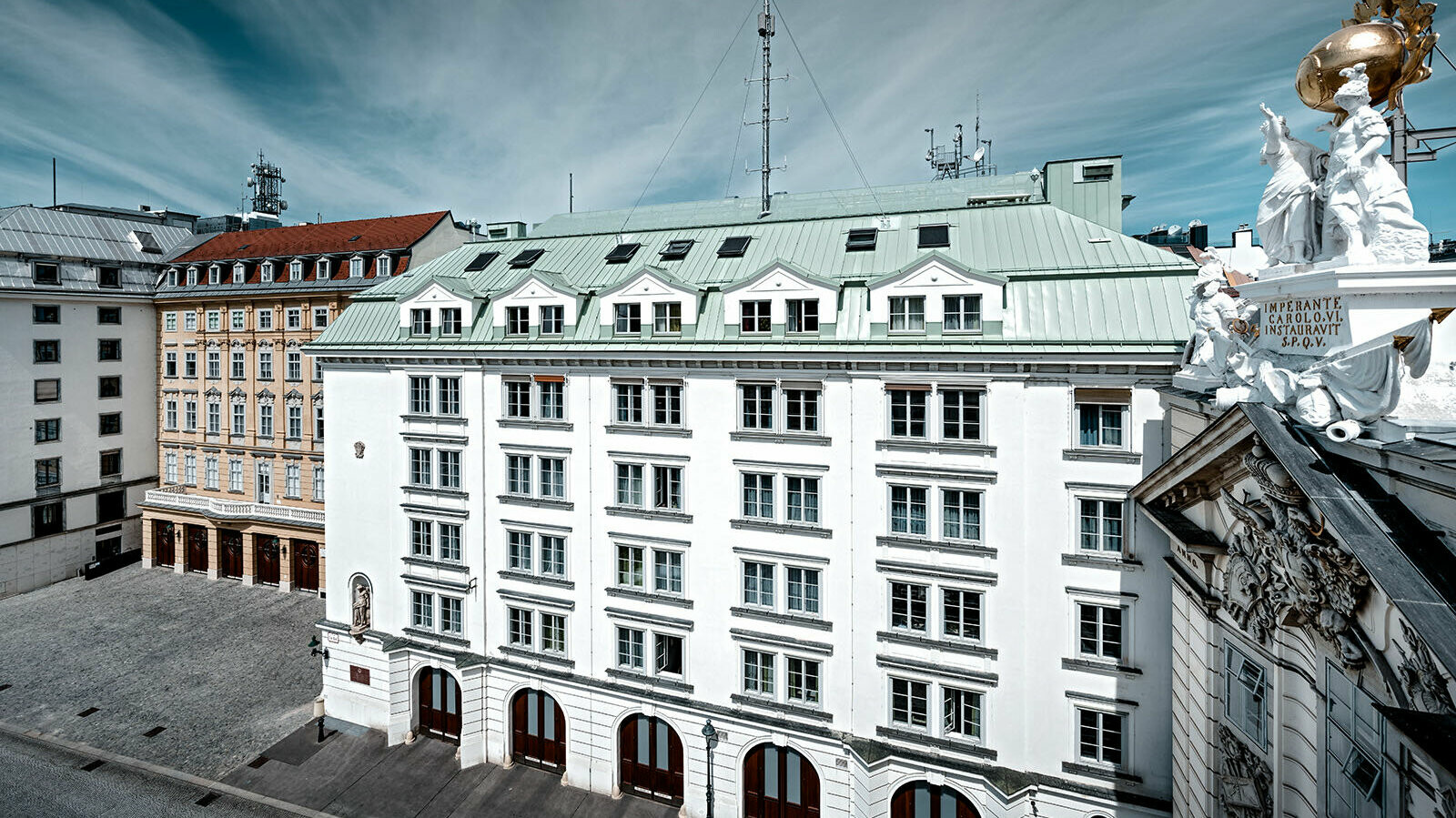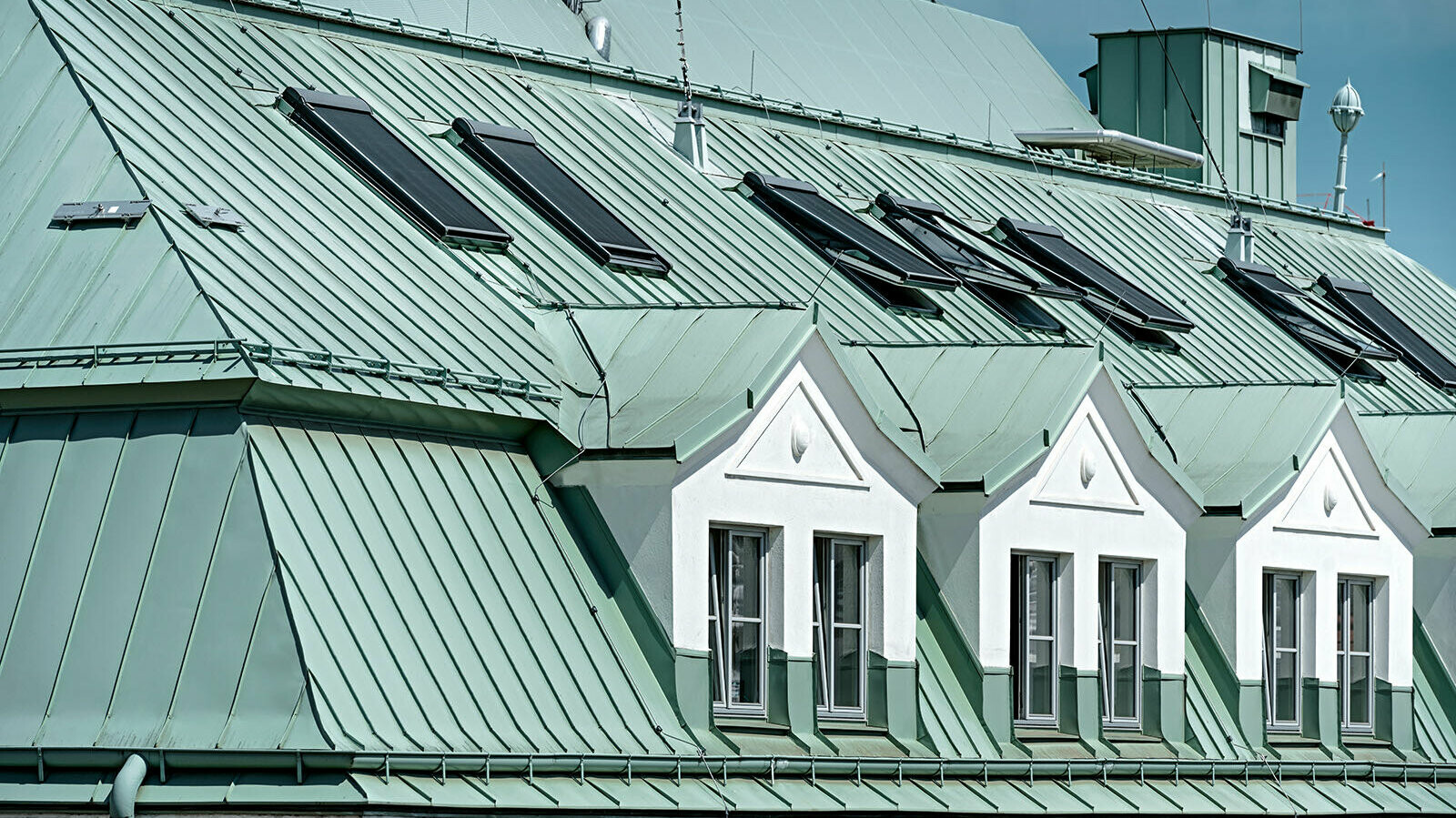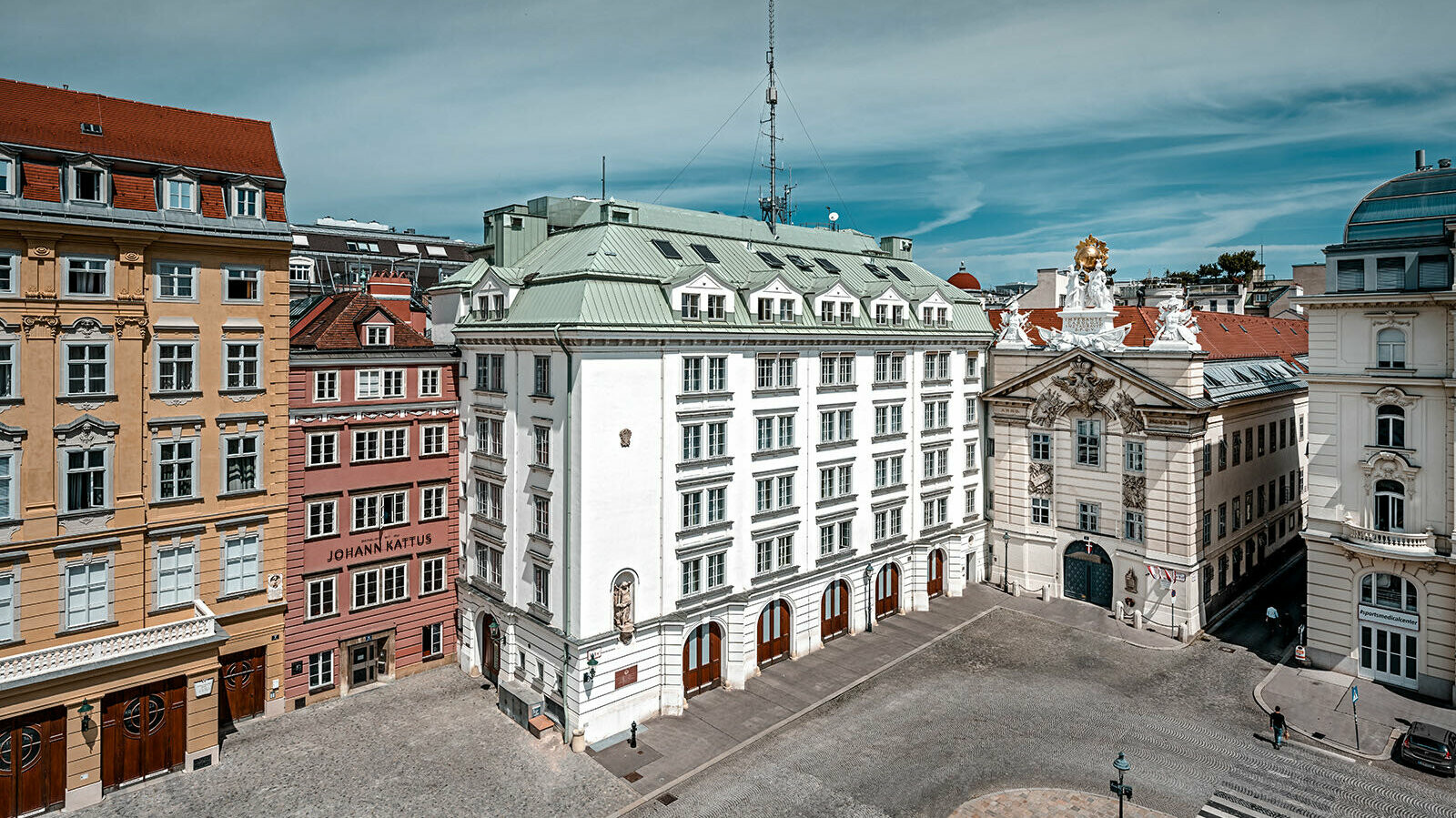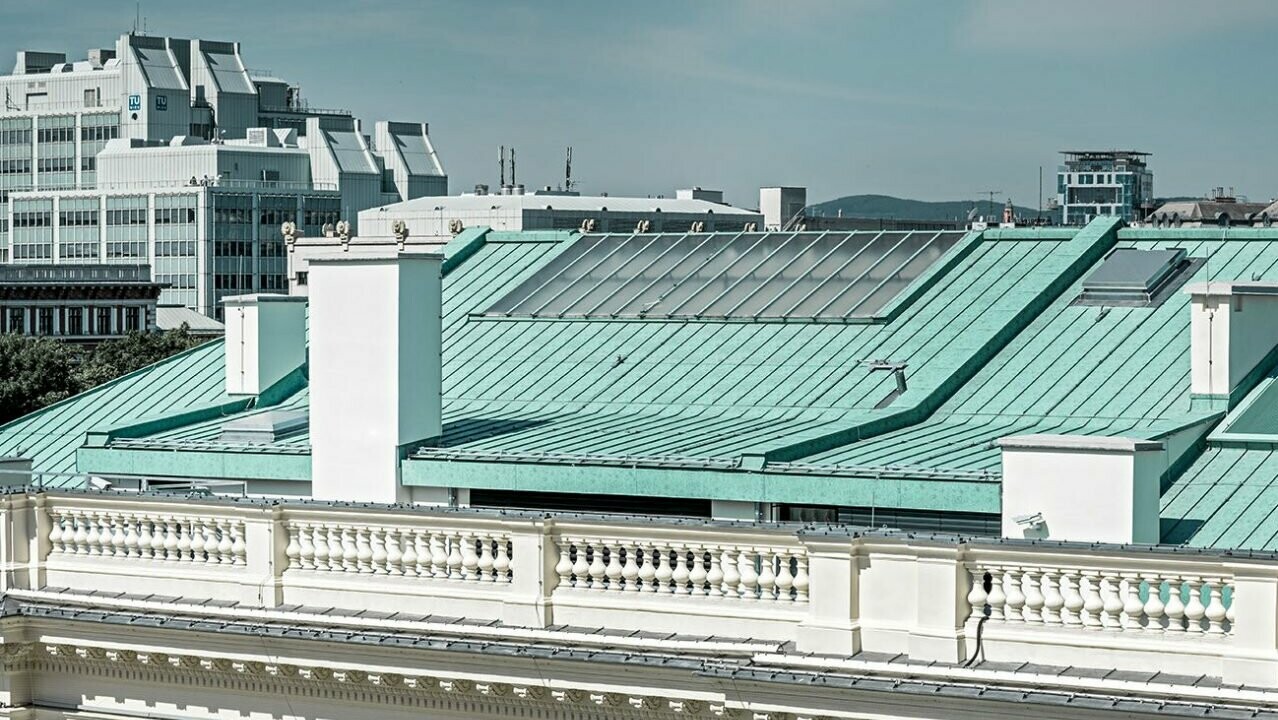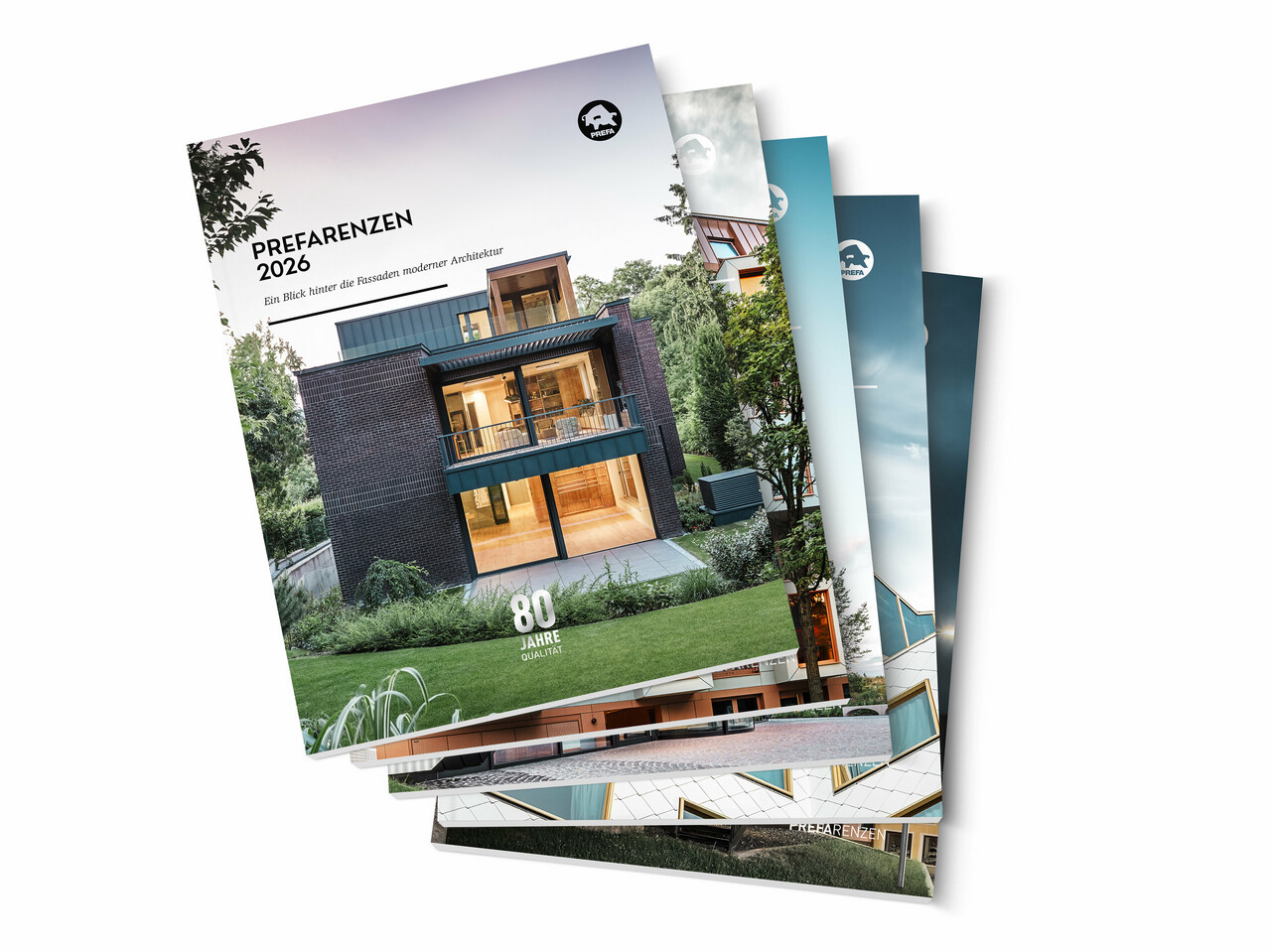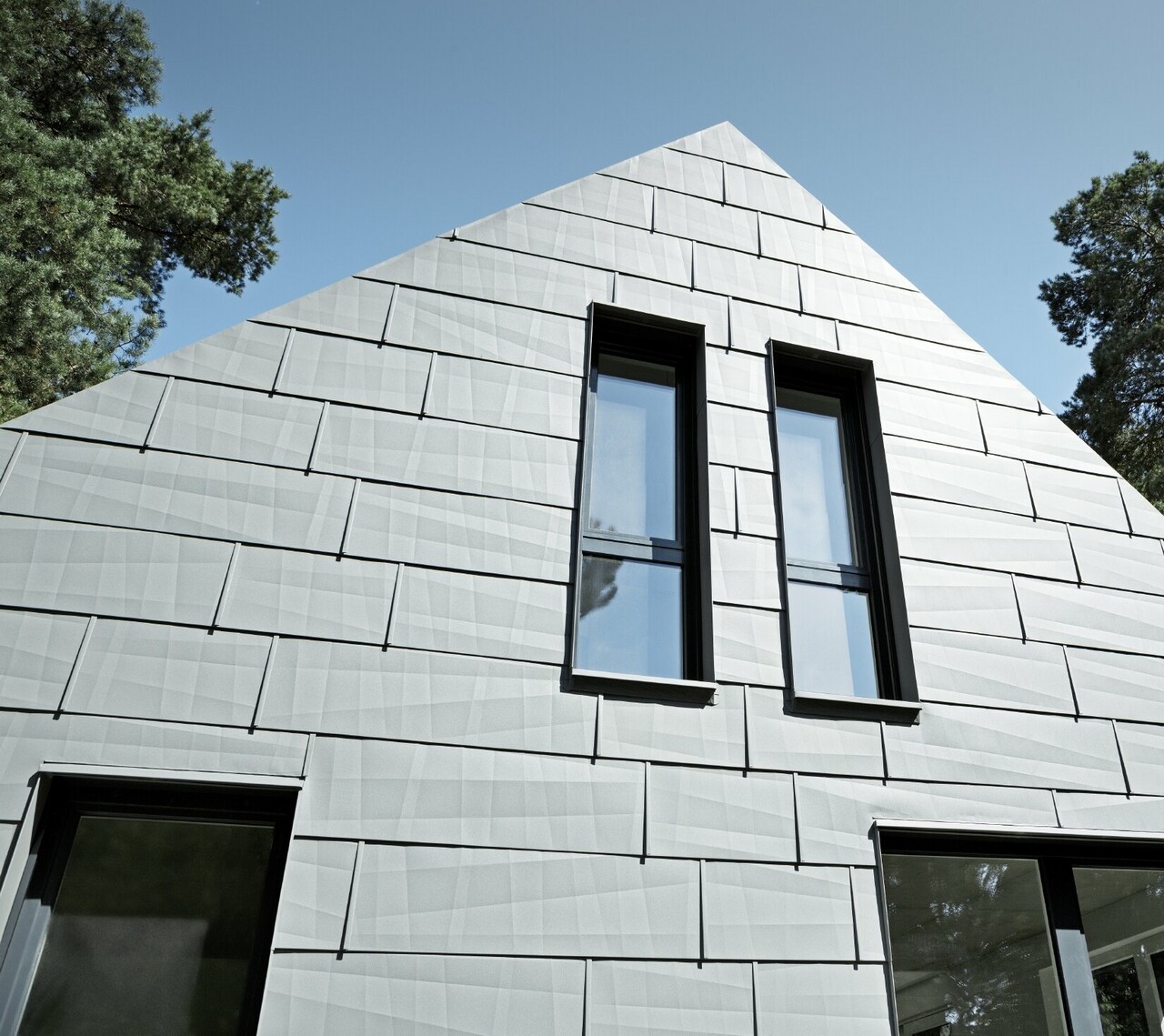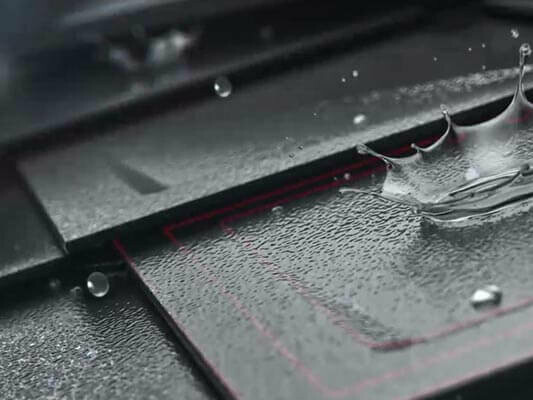The idea of protecting cultural heritage partially reaches far back into the past. In the 18th century, there was a decree under Maria Theresia to prevent Roman tombstones from decaying and being lost by immuring them into church façades. At the beginning of the 19th century, the bourgeoisie was starting to become interested not only in its own history, but also in its built heritage. In 1923, the Austrian monument protection law was passed. Aside from a few changes, it generally still retains its validity until today and secures the authentic preservation of cultural heritage as an irreplaceable capital for the future.
Today, around 37.600 objects are under preservation order in Austria, which is around 1,8 % of the entire building substance. There are clear specifications for their preservation that particularly need to be considered in renovation work.
PREFA Object Consultant Christian Wirth explains: “The product Prefalz in P.10 patina green or in the special colour opal green fits in with the surrounding buildings and treats this great heritage with care. Prefalz offers several advantages particularly in historic areas and for the renovation of old buildings. Due to its low weight, it can easily be used to cover older roof constructions. And the matt and noble appearance complies with the requirements of monument protection,” as he states. Christian Wirth summarises: “We can preserve its characteristic appearance and, at the same time, take into account all of the current norms and specialist regulations.”
The fact that the decision was made to use a PREFA aluminium roof for three buildings, which are all in the immediate vicinity of each other, is promising. The Central Fire Station in Vienna, whose location “Am Hof” dates as far back as the 16th century, was already covered with Prefalz in the special colour opal green in 2007. Just like the protestant school building that is located on Karlsplatz 14 and was newly covered in the same special colour in 2012. Due to its low weight and its quality, Prefalz in P.10 patina green was also used to cover the Künstlerhaus when it was extensively renovated. It can easily be formed and folded. In addition, its use has a positive long-term impact on the life span of a building and you can hardly make out an optical difference. Its close resemblance to the verdigris of the traditional material copper is also a key argument. All of this made it possible to give these buildings a new touch.
This may also attract interest in other European cities, for there is great potential for the sensitive and optically adequate roof renovation of listed buildings. To give you a little taste of our more detailed article on monument protection in Vienna that will appear in the first print edition of our PREFARENCES journal, we want to show you a short video clip that captures the special atmosphere around the „new“ Künstlerhaus.
Künstlerhaus Vienna
Video Feature: Vienna Künstlerhaus
For centuries, the Karlsplatz in Vienna has been the centre of various art scenes, which is confirmed by the fact that a variety of renowned art and cultural institutions, both big and small, established and independent, settled here over the years. Among them is the Künstlerhaus, which was reopened in March and is located between the Karlsplatz and the State Opera. Before it reopened, the 5.000 m2 roof of the building, which was erected between 1865 and 1868, was equipped with a magnificent new covering, among other things.
PREFA Object Consultant Christian Wirth explains: “The product Prefalz in P.10 patina green or in the special colour opal green fits in with the surrounding buildings and treats this great heritage with care. Prefalz offers several advantages particularly in historic areas and for the renovation of old buildings. Due to its low weight, it can easily be used to cover older roof constructions. And the matt and noble appearance complies with the requirements of monument protection,” as he states. Christian Wirth summarises: “We can preserve its characteristic appearance and, at the same time, take into account all of the current norms and specialist regulations.”
To give you a little taste of our more detailed article on monument protection in Vienna that will appear in the first print edition of our PREFARENZEN journal, we want to show you a short video clip that captures the special atmosphere around the „new“ Künstlerhaus.
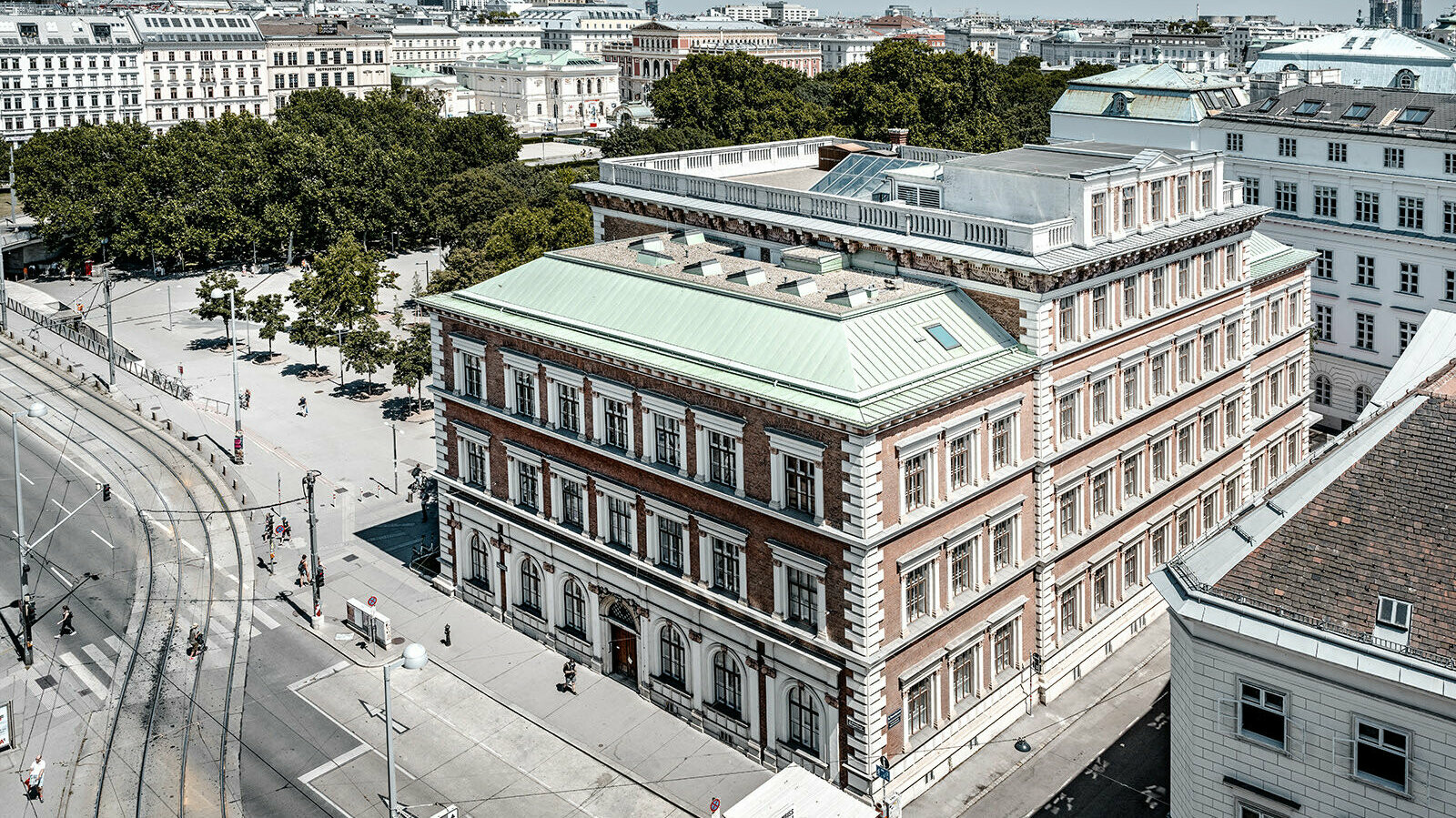
We can preserve its characteristic appearance and, at the same time, take into account all of the current norms and specialist regulations.
Künstlerhaus Vienna - details
Country: |
Austria |
Building, location: |
Künstlerhaus, Vienna |
Category: |
renovation |
Architecture: |
MHM Architects |
Installer: |
Metallica Stahl- und Fassadentechnik GmbH |
Material: |
|
Colour: |
P.10 patina green |
Protestant elementary school Karlsplatz
Protestant elementary school Karlsplatz - details
Country: |
Austria |
Building, location: |
Protestant elementary school Karlsplatz |
Category: |
renovation |
Architecture: |
Treberspurg & Partner Architekten ZT GmbH |
Installer: |
Ferdinand Schindler Gesellschaft mbH |
Material: |
|
Colour: |
bespoke colour opal green |
Central Fire Station Am Hof
Central Fire Station Am Hof - details
Country: |
Austria |
Building, location: |
Central Fire Station Am Hof, Vienna |
Category: |
renovation |
Architecture: |
MA 34 Bau- & Gebäudemanagement |
Installer: |
Hermann Schibich GmbH |
Material: |
|
Colour: |
bespoke colour opal green |
Further information
- Text: Bettina Landl, Marlon T. L. Fink
- Photos: Martin Croce
